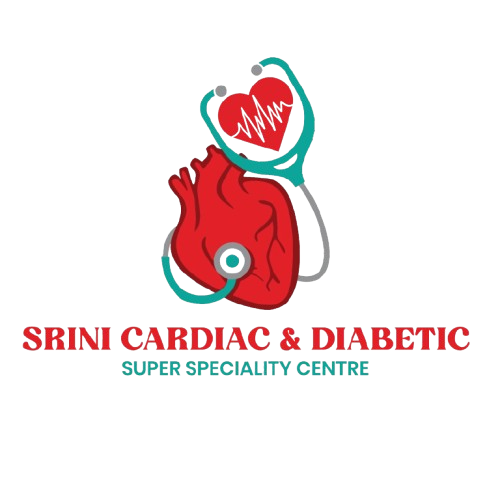These surgeries aim to restore normal heart rhythm, prevent complications, and improve quality of life. Surgical treatments like pacemaker implantation, ICD, ablation, or the Maze procedure help manage heart conditions, reduce symptoms, and significantly enhance heart function based on Holter monitoring results.

Dr. Srinivasan
Interventional Cardiologist
Personal Details
- Experience : 14 Years
- 7010998944 ,8012375085
- dr_srini@ymail.com
- 9, Big St, Pavazhakundur, Tiruvannamalai, Tamil Nadu 606601
Skills
Technical Proficiency
0%
Data Analysis
0%
Report Generation
0%
Problem-Solving
0%
Holter Monitoring
Holter monitoring is a continuous, non-invasive diagnostic tool used to monitor the heart’s electrical activity over a 24 to 48-hour period (sometimes up to 7 days). It is used to detect irregular heart rhythms (arrhythmias) and to assess heart function over an extended period, especially when symptoms like dizziness, palpitations, or fainting occur intermittently. The device consists of a small portable recorder and electrodes that are attached to the chest to record the heart’s activity continuously.
Detecting the heart rhythms
It detects irregular heart rhythms, leading to various treatments based on findings. If arrhythmias like atrial fibrillation or ventricular tachycardia are identified, medications such as antiarrhythmic drugs, beta-blockers, and blood thinners may be prescribed to regulate rhythm and reduce stroke risk. Lifestyle changes, including a heart-healthy diet, regular exercise, and stress management, can also help. For persistent arrhythmias, treatments like electrical cardioversion or pacemaker implantation for bradycardia may be used. In cases of life-threatening arrhythmias, an ICD can be implanted to restore normal rhythm. Catheter ablation may be recommended for abnormal electrical pathways, while surgical options like the Maze procedure can be considered for severe atrial fibrillation. These treatments aim to restore heart function and improve the patient’s quality of life.
Surgical Interventions Based on Holter Monitoring
Holter monitoring helps detect irregular heart rhythms, guiding surgical decisions. If bradycardia or heart block is found, pacemaker implantation regulates heart rate. For life-threatening arrhythmias, an ICD may be implanted. Catheter ablation targets abnormal electrical pathways, and the Maze procedure addresses persistent atrial fibrillation.

Help & Support
Quick Links
Working Hours
- Mon - Sat : Every 4.00 Pm - 9.00 Pm Sunday - Closed
Copyright ©️ 2024 Srini Cardiac & Diabetic Super SpecialityCentre. All Rights Reserved Designed by
Wink Dezign
